Debunking popular myths about gardening
Gardening is one of my favorite hobbies, and as an adult, I can say this with no qualms. During these past lockdowns, I’ve become obsessed with plants, and if you come into my house right now, you might think that poison Ivy has taken over the place because you will see plants literally everywhere. Gardening can be really therapeutic, but there is a lot of myth about gardening about there. So, I have tried most of these myths and have learnt the hard way that most of them are really just clickbait and I’ve done my research on these, and I’m here to debunk these.
#Myth 1- You don’t need to water drought-tolerant plants
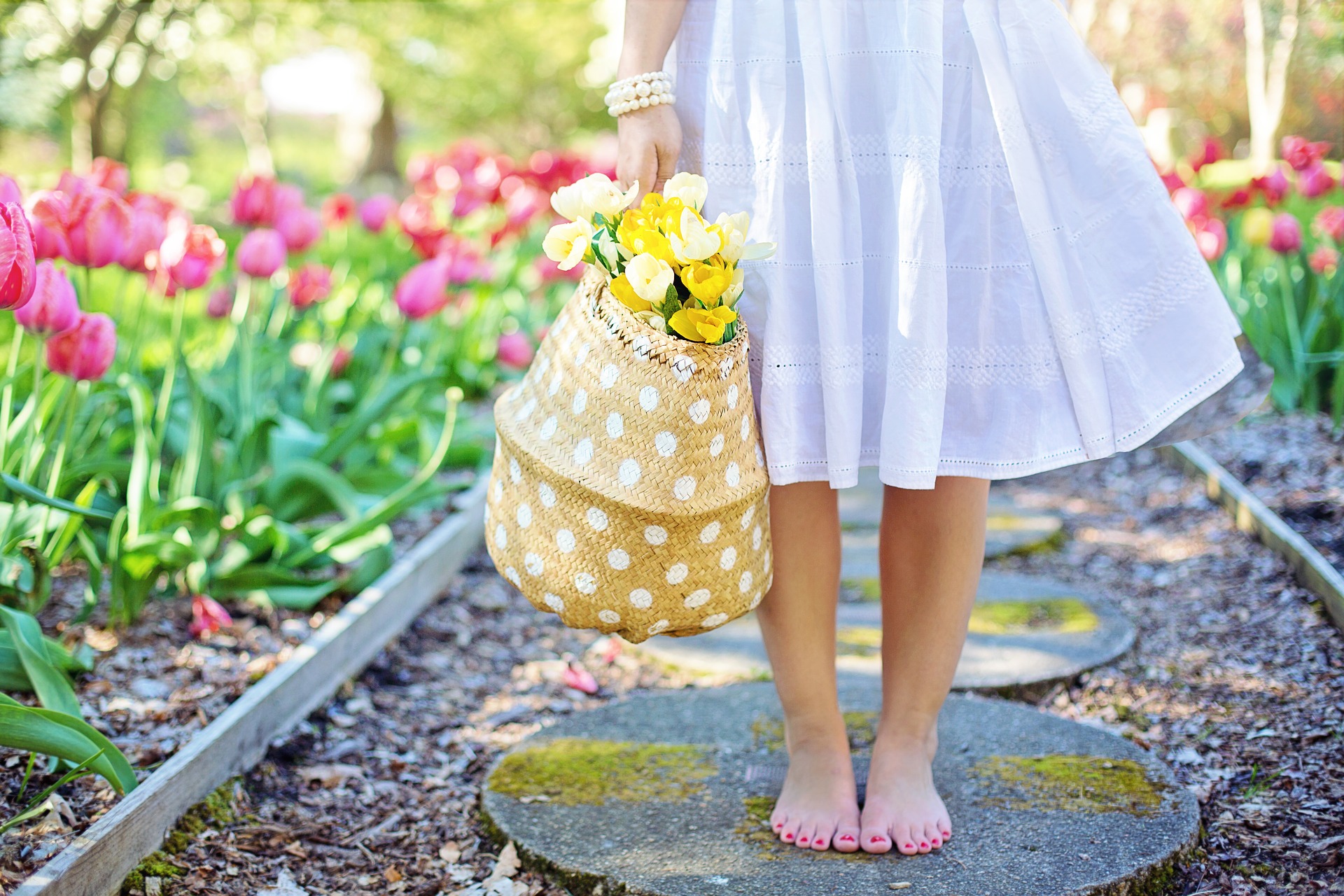
Well, the logic behind this is halfway there, but it’s not true; even though drought-resistant plants like cacti don’t need to be watered regularly, that doesn’t mean that that you don’t have to water them at all. So once in a while, when you are watering your other plats, give these prickly babies a little love too. On top of that, young drought-resistant plants need the water because their roots haven’t grown up and are established yet, so you need to water them to keep them alive and healthy.
#Myth 2- Organic pesticide is less dangerous than its synthetic counterpart
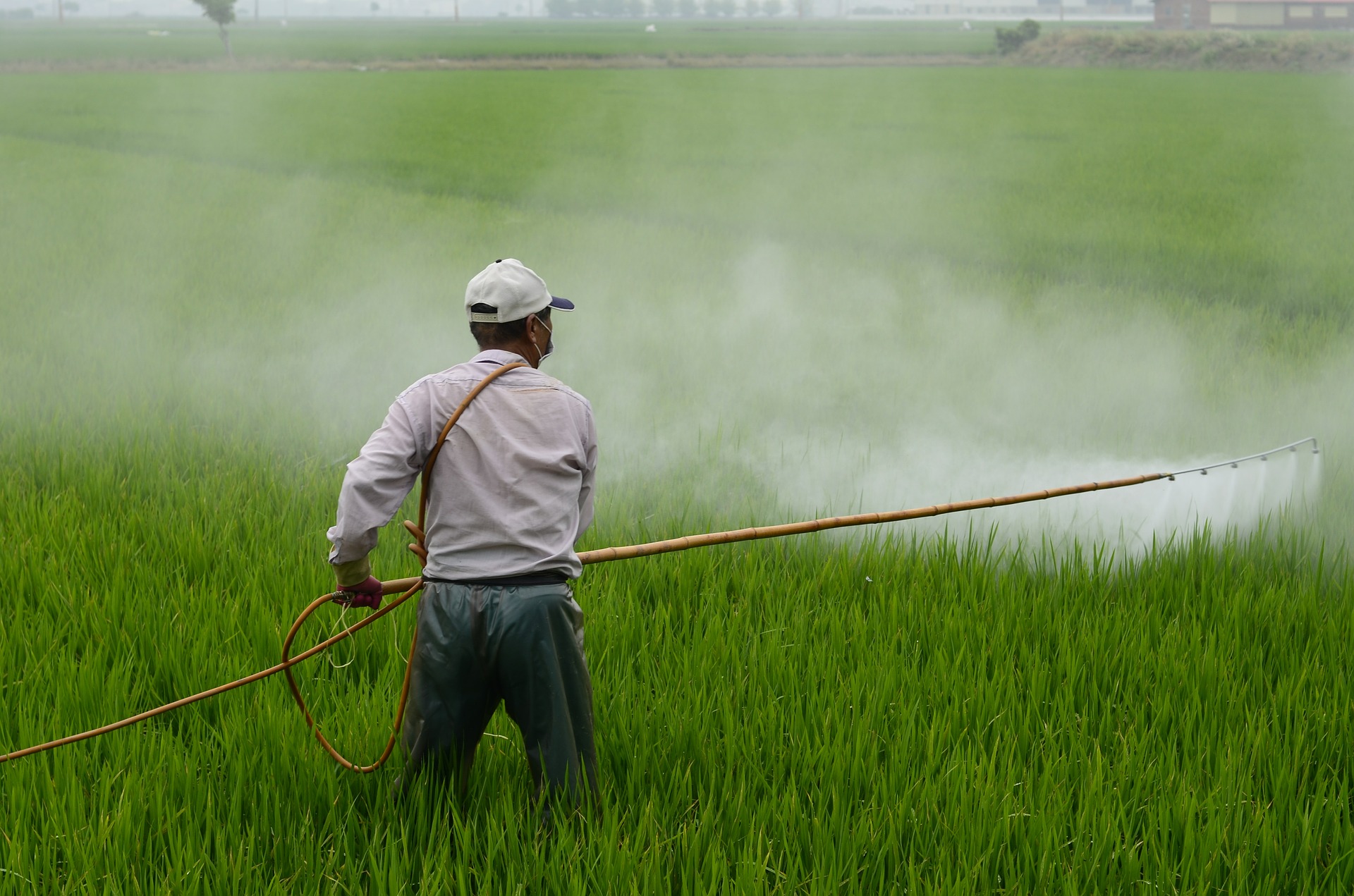
As humans, we need to learn that not everything natural is good for us. Snake venom is natural but is very deadly. On the other side, the antidote for snake venom is synthetic can save your life; this is why you should never believe that anything natural and organic is better. Well, any pesticide, whether organic or synthetic, when used inaccurately, can be really harmful to both humans and animals; this is why you should always read the instruction before using any type of pesticide. Whenever you choose a pesticide for your plants, it is always advised to choose the least toxic option because they are less lethal. The overuse and inhalation of pesticides can lead to some pretty severe health issues. Always keep your pesticide in a safe place and away from your pets and kids.
#Myth 3 Gravel at the bottom of the pot improves drainage
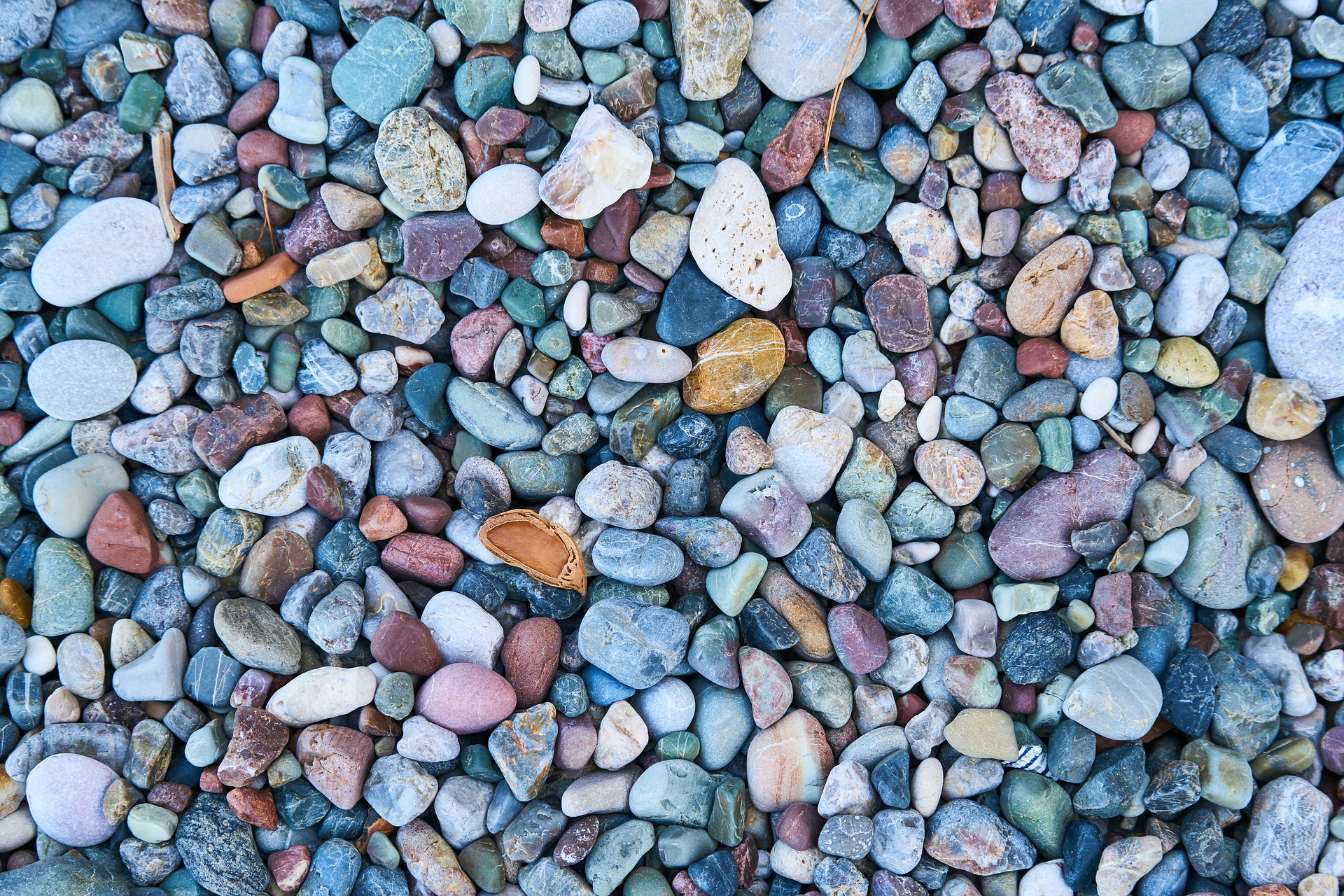
This is one of those myths that, as much as you debunk them, never seem to die out and there is always one version of them out there lurking around. To end the discussion around this for once and for all, no, it doesn’t work. What drains the water is a drain hole at the bottom and gravity. Gravity will take care of this; you don’t have to worry too much about this. The best way to ensure proper drainage is to use the appropriate material, which in this case is potting soil. Potting soil is made up of coarse material in the likes of pine bark and allows better water drainage.
#Myth 4- Composting cost a lot of money
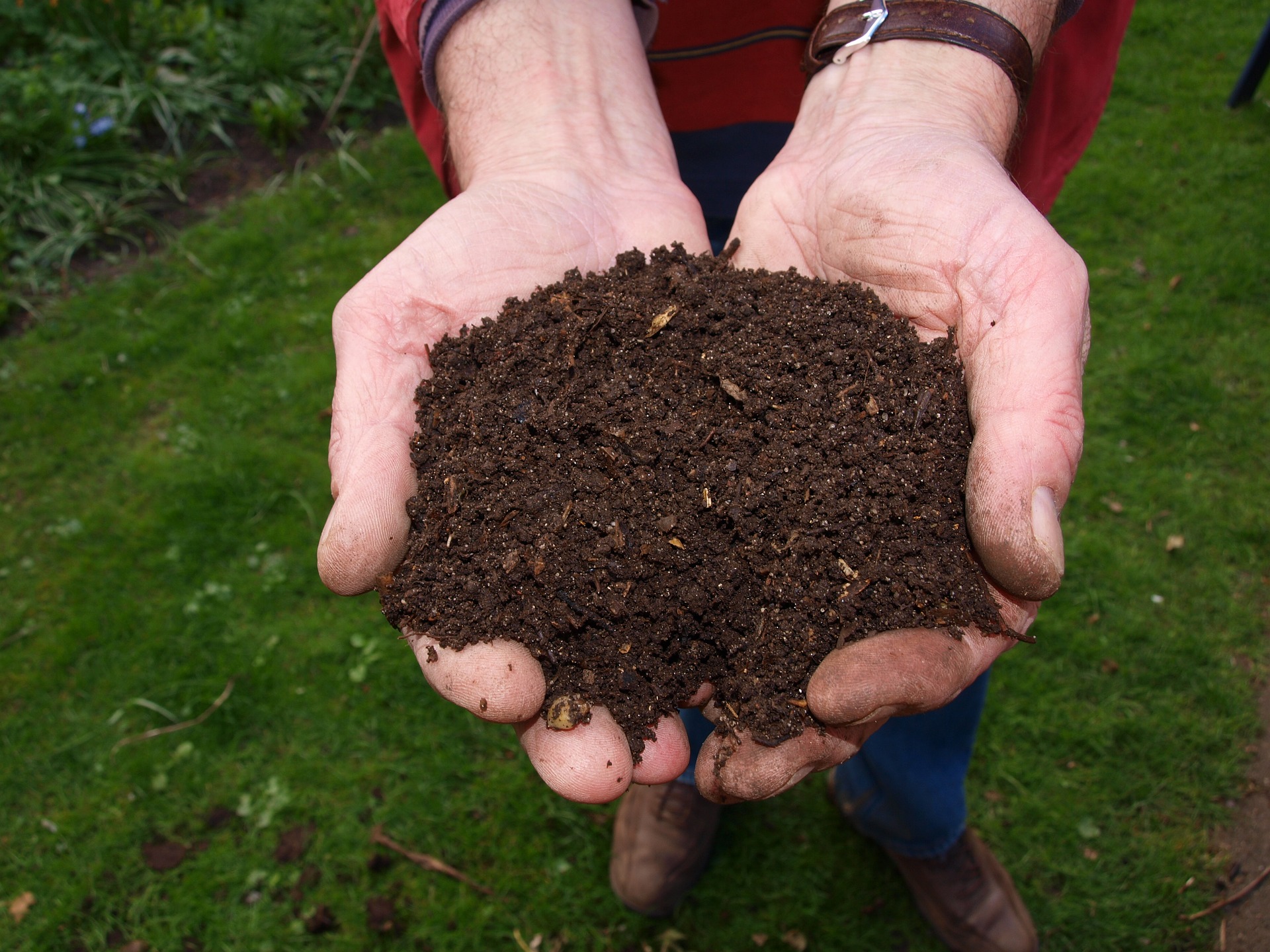
Well, I don’t know how this one gained in popularity because composting does the exact opposite. You use organic detritus for composting like fruit and vegetable peels and other organic matter like egg cartons. So, you are creating your own compost that you don’t have to buy elsewhere, which saves you money and contradicts and debunks this absurd myth. You might need some items like a composting bin to get this start, and the initial price might be quite high, but even with this, there are such roundabout ways to compost organic matter without a composting bin. And even if you do invest in one, it will pay for itself in the long run.
I say this every time, and even though it is a given at this point, I ought it say it: not everything that you see or read online is true. Sound off in the comments section below and tell us some of the myths about gardening that you sued to believe.

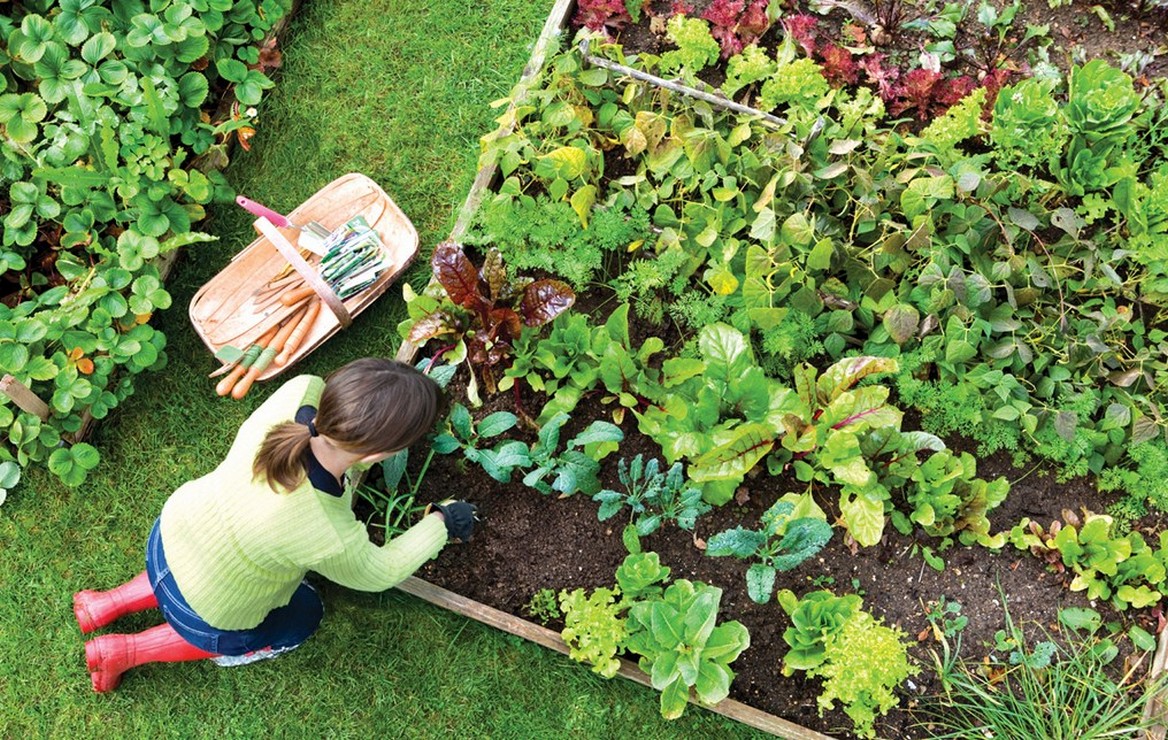

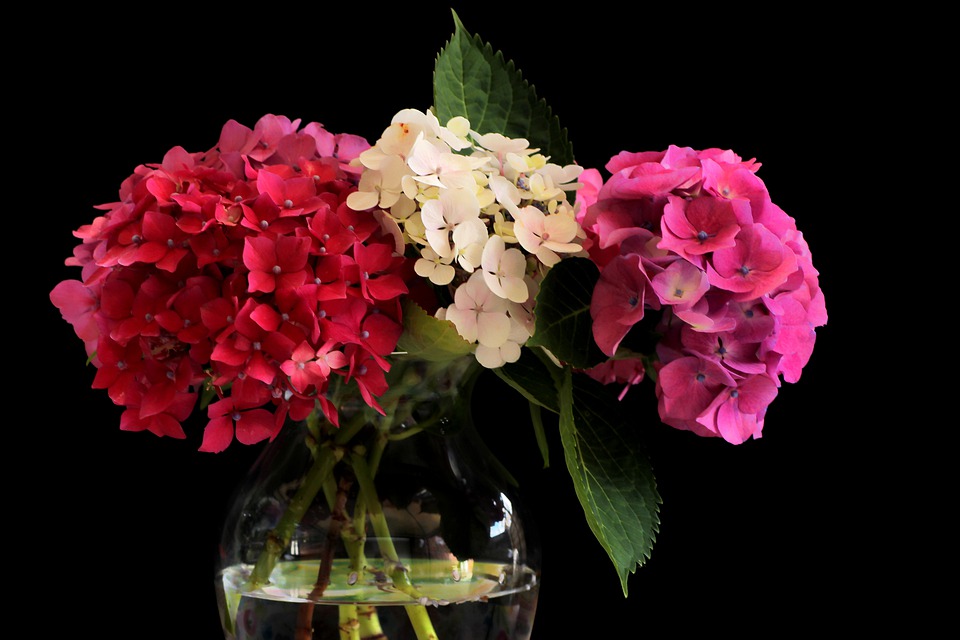
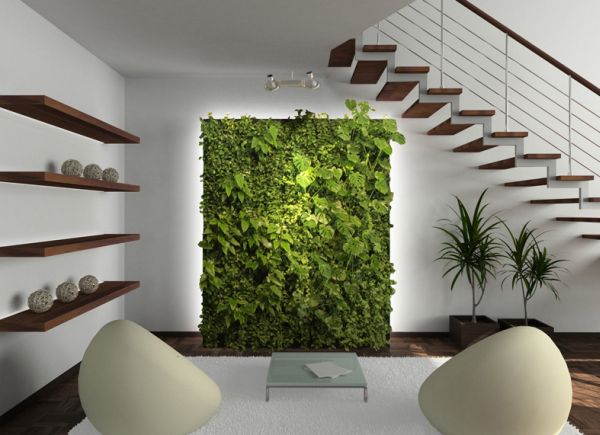
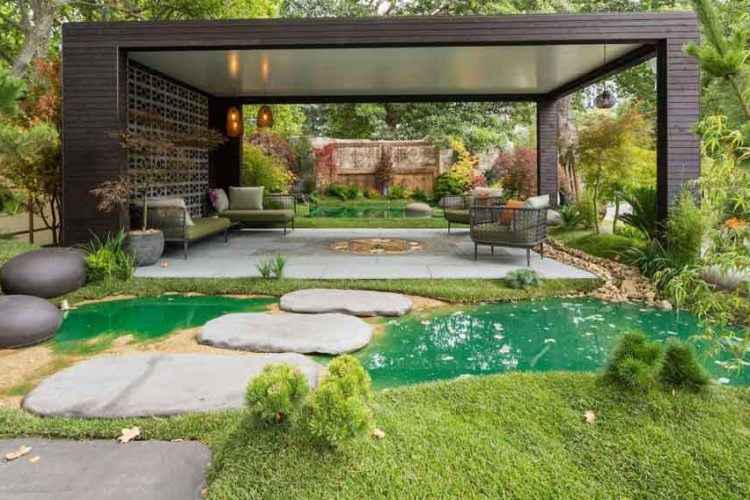
1 Comment
[…] let’s be honest, not everyone will crosscheck an article they read online, and this is how rumors are perpetuated. Sound off in the comments section below and tell us some of the myths you used to […]